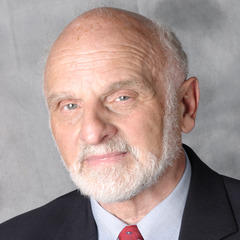John Calvin Quotes - Page 10
John Calvin (2012). “The Institutes Of The Christian Religion (Annotated Edition)”, p.183, Jazzybee Verlag
"Institutes of the Christian Religion" by John Calvin, translated by Henry Beveridge, Book III, (Ch. 20), 1845.
John Calvin, Henry Van Andel (2004). “Golden Booklet of the True Christian Life”, p.40, Baker Books
John Calvin (2012). “The Institutes Of The Christian Religion (Annotated Edition)”, p.49, Jazzybee Verlag
John Calvin (2012). “John Calvin's Commentaries On Genesis 1-23 (Annotated Edition)”, p.60, Jazzybee Verlag
John Calvin (2013). “Institutes of the Christian Religion Vol. 2: Translated from the Original Latin, and Collated With the Author's Last Edition in French”, p.57, Wipf and Stock Publishers
John Calvin (2002). “The Bondage and Liberation of the Will (Texts and Studies in Reformation and Post-Reformation Thought): A Defence of the Orthodox Doctrine of Human Choice against Pighius”, p.287, Baker Books
John Calvin, Henry Van Andel (2004). “Golden Booklet of the True Christian Life”, p.42, Baker Books
John Calvin (2012). “The Institutes Of The Christian Religion (Annotated Edition)”, p.628, Jazzybee Verlag
John Calvin (2004). “Golden Booklet of the True Christian Life”, p.35, Baker Books







